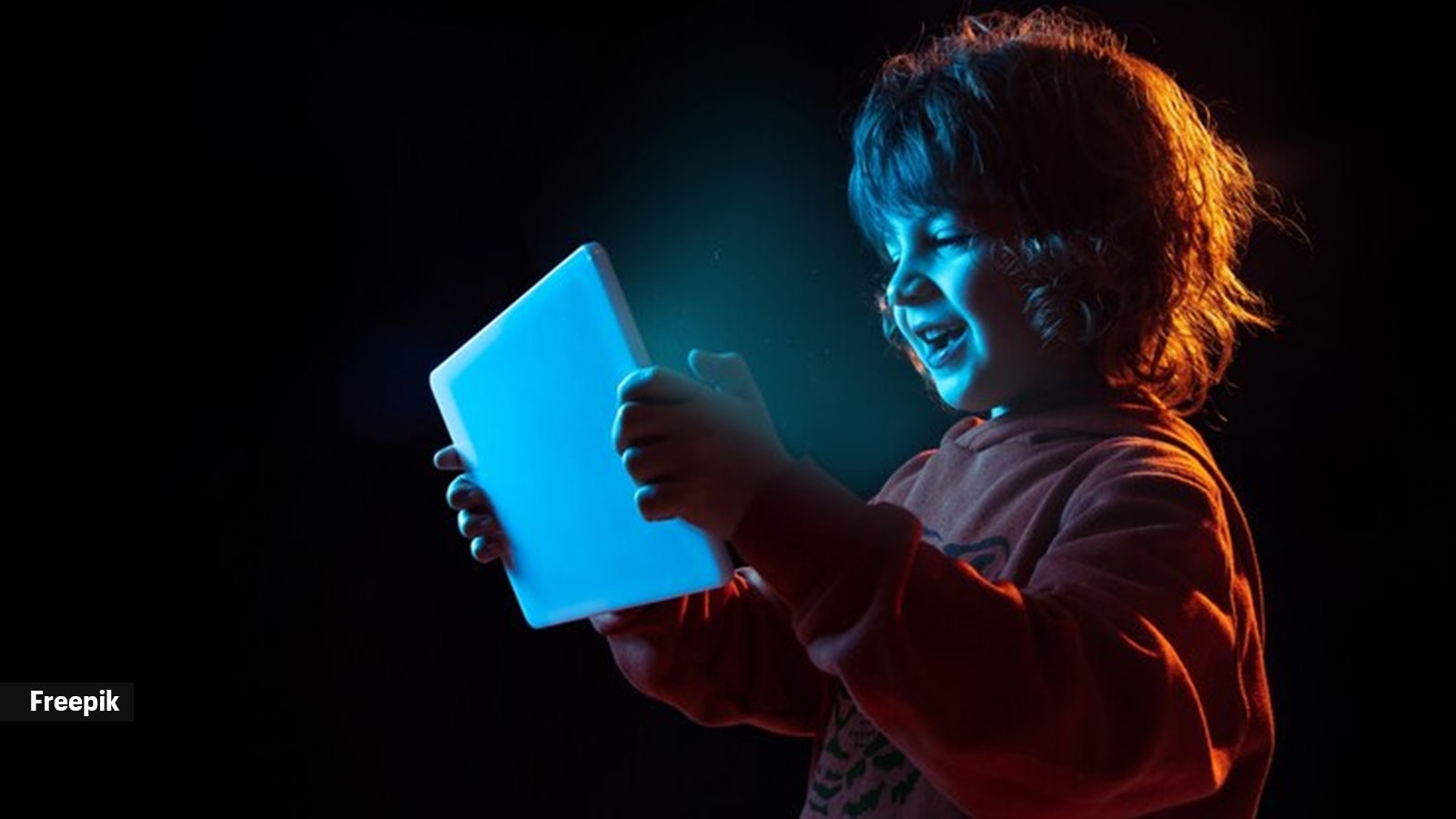Generation Beta: How 2025 Will Change the Way Kids Experience AI and Tech
Entrepreneur and AI advocate focused on AI for social good and sustainability.

Entrepreneur and AI advocate focused on AI for social good and sustainability.

Here's a concise news post tailored to the specifications you provided:
Key Takeaways:
As the calendar turns to January 1, 2025, a new generation known as Generation Beta will start to emerge. These individuals, born between 2025 and 2039, will follow Generation Alpha (2010-2024) and will likely live to see the 22nd century. They are expected to be even more integrated with artificial intelligence (AI) and smart devices than previous generations.

Generation Beta will primarily be the children of millennials and older Gen Zers. Unlike Gen Alpha, who experienced the COVID-19 pandemic, Gen Beta will view it as a historical event. This new generation will grow up in a world where AI is ubiquitous, influencing everything from education to entertainment. Students can explore more about this through 10 Exciting Generative AI Project Ideas for Students in 2025.
Experts like generational researcher Jason Dorsey and demographer Mark McCrindle highlight the unique challenges and opportunities Gen Beta will face. Climate change, global population shifts, and rapid urbanization will shape their worldview. Sustainability will be an expectation, not just an ideal.

Gen Z parents, aware of the benefits and downsides of technology, may take a different approach to raising their Gen Beta children. They might push back against the "chronically online" trend seen in Gen Alpha, often called "iPad kids." The reliance on technology might be balanced with fostering problem-solving skills in real-world settings.
Generational labels like "Generation Beta" help identify broad societal trends. For instance, millennials were defined by 9/11, and Gen Z by the COVID-19 pandemic. While these labels provide a useful framework, they should not overshadow individual differences. As Sonal Khangarot, a licensed rehabilitation counselor, notes, "Generation Beta is likely to break away from conventional norms, championing inclusivity and eco-conscious lifestyles." This shift might lead to interesting intergenerational dynamics, requiring open communication to bridge differences.
| Generation | Years | Defining Events/Traits |
|---|---|---|
| Millennials | 1981 - 1996 | 9/11, Rise of the Internet |
| Gen Z | 1997 - 2009 | COVID-19 Pandemic, Social Media Dominance |
| Gen Alpha | 2010 - 2024 | "iPad kids", Early AI Integration |
| Gen Beta | 2025 - 2039 | Deep AI Integration, Climate Change, Sustainability Focus, Agentic AI |
As we look ahead, Gen Beta's journey will undoubtedly offer valuable lessons about resilience, adaptation, and innovation. Their story will reflect how society evolves, integrating advanced technologies while striving for a sustainable and inclusive future.
— in AI in Business
— in GenAI
— in AI in Business
— in Natural Language Processing (NLP)
— in GenAI